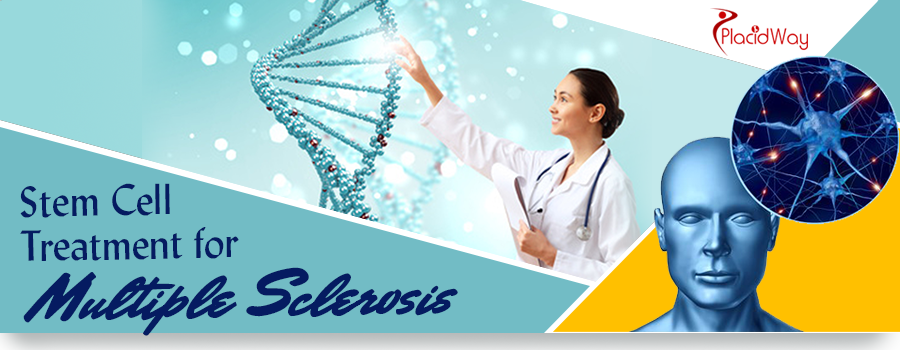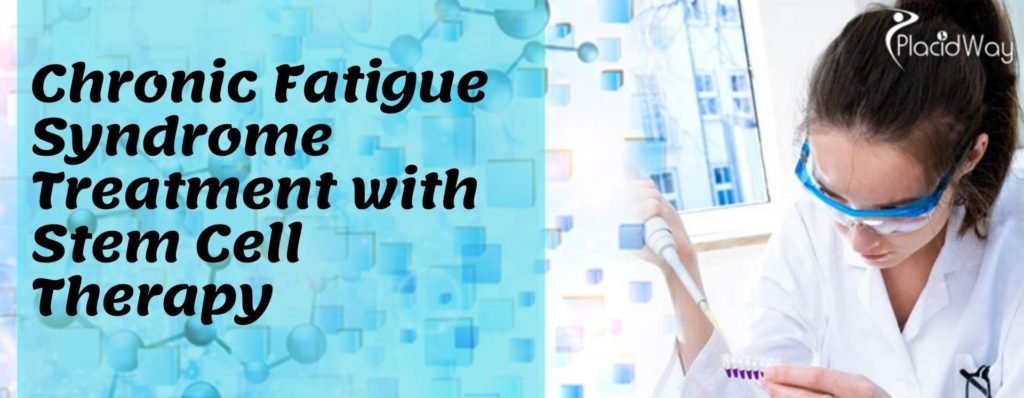
Regenerative Medicine for Multiple Sclerosis Treatment
Tabel de conținut
The diagnosis of Multiple Sclerosis (MS) can be overwhelming. There are many treatments available to manage the disease, but stem cell therapy is emerging as a promising new avenue for patients to pursue. Research suggests that this form of treatment may have significant potential in helping patients with MS decrease their symptoms and improve quality of life. In this blog post, we will explore how stem cell therapy works, what it could mean for those affected by MS and provide answers to some frequently asked questions about the process.
What is Multiple Sclerosis?
Multiple Sclerosis (MS) is a demyelinating disease in which the insulating covers of nerve cells in the brain and spine get damaged. Thus, the communication between different parts of the nervous system is disrupted. This means different parts of the nervous system cannot communicate and it may result in a range of signs and symptoms such as:
Signs and Symptoms of Multiple Sclerosis
- Double vision
- Blindness in one eye
- Muscle weakness
- Trouble with sensations
- Struggle with coordination
MS can be classified according to the occurrence of symptoms. If the symptoms are occurring in isolated attacks, then the specialists are talking about relapsing forms of MS. If the symptoms are building up over time, they are talking about progressive forms of MS. Between the attacks, the symptoms may disappear completely but the neurological problems remain.
Causes of Scleroza multiplă
The exact cause of multiple sclerosis (MS) is not known, but it is believed to be an autoimmune disease. It occurs when the body’s immune system mistakenly attacks healthy tissue in the brain and spinal cord. This can lead to inflammation, damage to nerves, and a host of associated symptoms.
How Stem Cell Treatment Helps to treat Multiple Sclerosis?
Autoimmune aggression is the internal attack against the nervous system of the patient. Stem cell treatment aims to cease this autoimmune aggression by disturbing the chief mechanism of the ailment. This results in collapsing or weakening of neurological symptoms. Stem cell therapy performs two major functions for MS treatment, which are:
- Damaged Myelin Repair- Own immune system of the person can damage the protective myelin layer surrounding the fibers of the nerve in MS. Administering specialized stem cells can generate cells that produce myelin in the brain, which further leads to repairing of myelin.
- Damage Prevention of Nerve Cell- Stem cells have the capability or preventing or reducing nerve cell damages.
Possible Improvements that can be Noticed After Stem Cell Treatment for MS:
- Improvement in speech
- Better coordination, balance and gait
- Longer remissions and shorter exacerbation period
- Alleviated disease course and stabilized condition
- In the extremities, less spasticity
- Improved immune system
- Cognitive and psycho emotional improvements
- Improved functioning of liver, bowel, kidneys and heart
- Îmbunătățirea calității vieții
FAQs about Regenerative Medicine for Multiple Sclerosis Treatment
How safe is regenerative medicine and what are the potential side effects associated with treatment?
Regenerative medicine is generally considered safe when used as directed and monitored by a qualified medical professional. Potential side effects may include temporary swelling, bruising, pain or discomfort at the injection site. Some patients may experience allergic reactions to certain substances used in the treatment. Your doctor will discuss any potential risks with you before beginning treatment.
What is stem cell transplant for MS success rate?
The success rate of stem cell transplants for multiple sclerosis (MS) depends on a number of factors, including the type of transplant used and the patient’s overall health. The current estimated success rate is between 40-75%, with some studies showing higher rates in certain types of MS transplants.
What types of regenerative medicine treatments are available for MS patients?
There are a variety of regenerative medicine treatments available to MS patients, including stem cell therapy, gene therapy, exosome therapy and immunomodulation therapies.
Are there any risks associated with receiving regenerative therapy for MS?
Yes, as with any medical treatment there are potential risks associated with regenerative therapy for MS. These may include allergic reactions to certain substances used in the treatment, infection at the injection site or possible adverse effects from medications administered during the procedure.
Who is a good candidate for regenerative therapy for multiple sclerosis?
Good candidates for regenerative therapy for MS include those with relapsing-remitting multiple sclerosis (RRMS) or secondary progressive MS.
There is no known cure for MS. Treatments generally aim to improve function after the attacks and prevent new ones from happening.
For more details about stem cell treatment for multiple sclerosis, click the button below:






